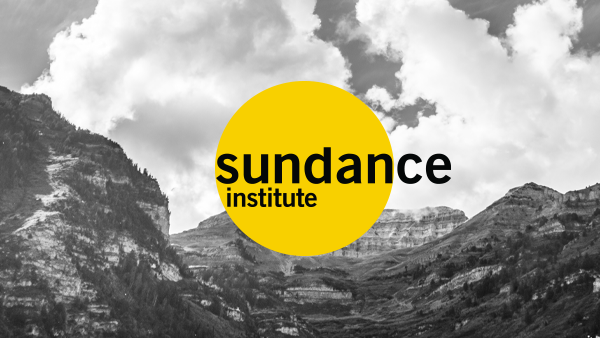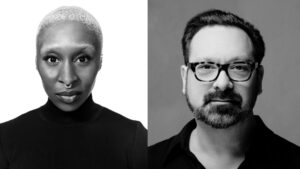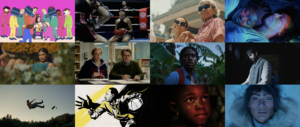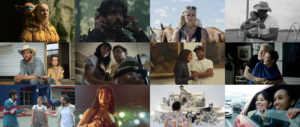Joy Osmanski
Joy Osmanski has worked as the Film Music coordinator and served as a volunteer at this year’s summer labs at Sundance Resort.
I’m not a composer. I’m just barely a musician if piano lessons, some desperate sawing on a violin, and a year of fifth-grade saxophone count as credit. But sitting here in the trailer lounge next to the coursing river, the natural glories of northern Utah all around me, I’ve got the best seat in the house for acquiring musical genius via osmosis.
Every summer, six composers are chosen from a vast well of applicants and are flown to the Sundance Resort for two weeks of intense learning, experimentation, and breakthrough. It’s called the Sundance Institute Composers Lab, and applications come in from all over the world, some stuffed into envelopes, others carefully arranged in stiff folders. All arrive with a CD or DVD of the applicant’s music, and only after weeks of consideration, a meticulous selection meeting, and loads of coffee is the group of six chosen.
However, it isn’t just about choosing six brilliant film composers. The selection committee carefully assembles a group of people whom they hope will ignite each other creatively. It isn’t enough to compose beautiful film music in isolation—for the two weeks they’re on the mountain, these six study each others’ work, their process, and their passion. They receive guidance from a series of amazing creative advisors. They listen to seasoned working professionals share stories of failure and success. Then they sit down at their workstations and create their own unique musical interpretation of a scene.
But they’re never alone. Phil Klein presses the buttons on his trumpet as he disappears into Luke Rothschild’s trailer. Moments later, Luke’s laughter flies out the door. Michael Cudahy plops down next to me to have a cigarette and joke about his composer’s block. Fabian Almazan sits on the steps of his trailer, his accordion crooning over the rushing river. Kristen Baum’s boyfriend has sent her a gorgeous red rose for her birthday, and Jacob Shea pops his head out to ask about dinner.
The composer trailers sit in an L-formation just after the footbridge. Scott and Nate man the first trailer, and their technical skills often literally save the day. The six fellows curve up and around the hill, each ensconced in a private, creative space. At night, the trailer windows glow like lanterns, and Corey Brill walks to each one, making sure everyone’s got a ride home.
It’s the best kind of bubble here. For two weeks the composers don’t have to think about food, shelter, or getting around. They’re faced with a series of composing assignments, and each struggles at some point with inspiration, execution, and communication. It’s a concentrated dose of real-world challenges within the safety of the lab. And it’s amazing.
The trailer lounge is just a couple of outdoor tables and chairs propped up by the river. The trailers are pure utilitarian containers. The computers, the keyboards, they’re plastic and metal and glass. But what I’m hearing, what I’m seeing, what I’m lucky enough to experience even second-hand, is enough to send me home humming with melody and inspiration.




